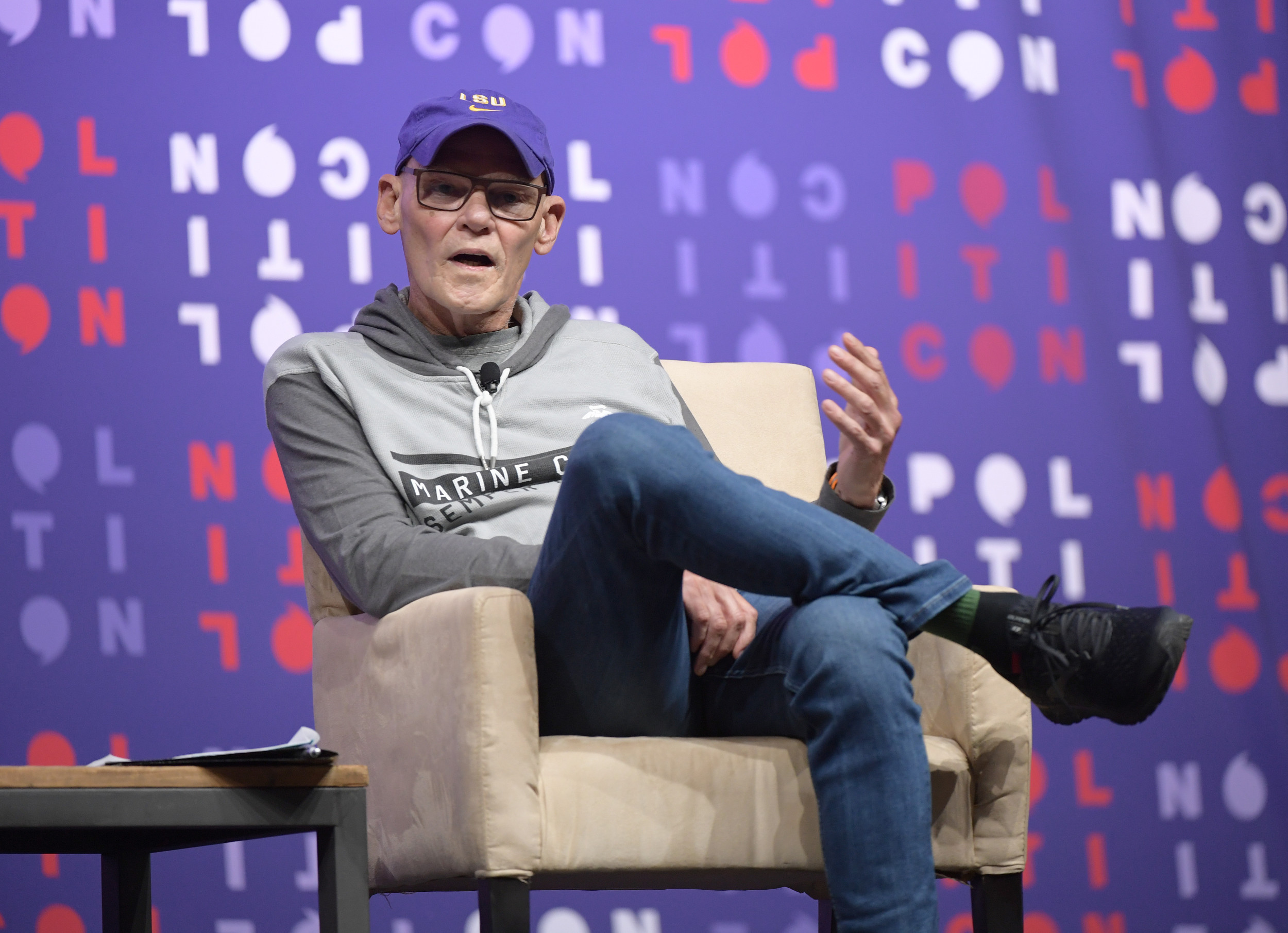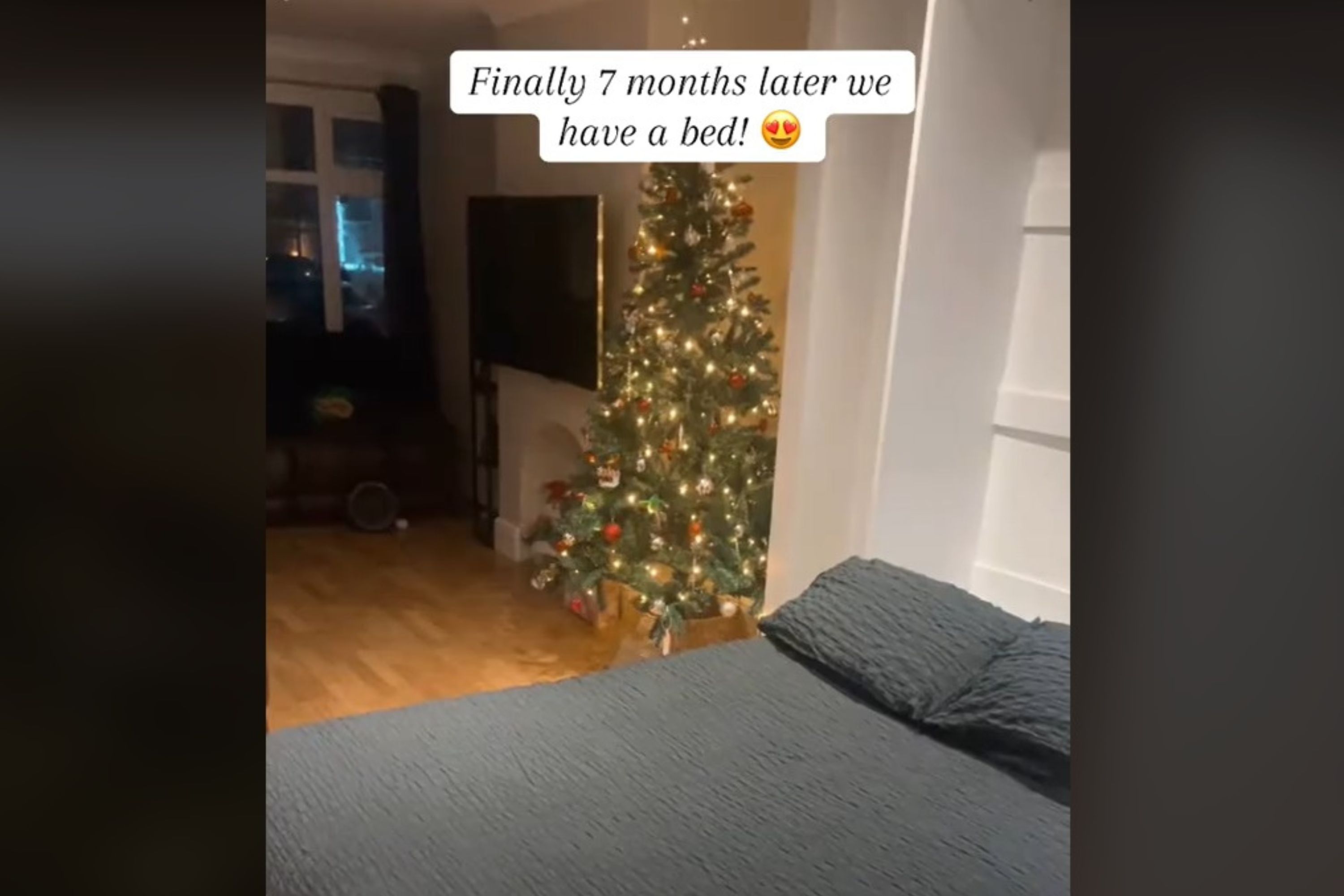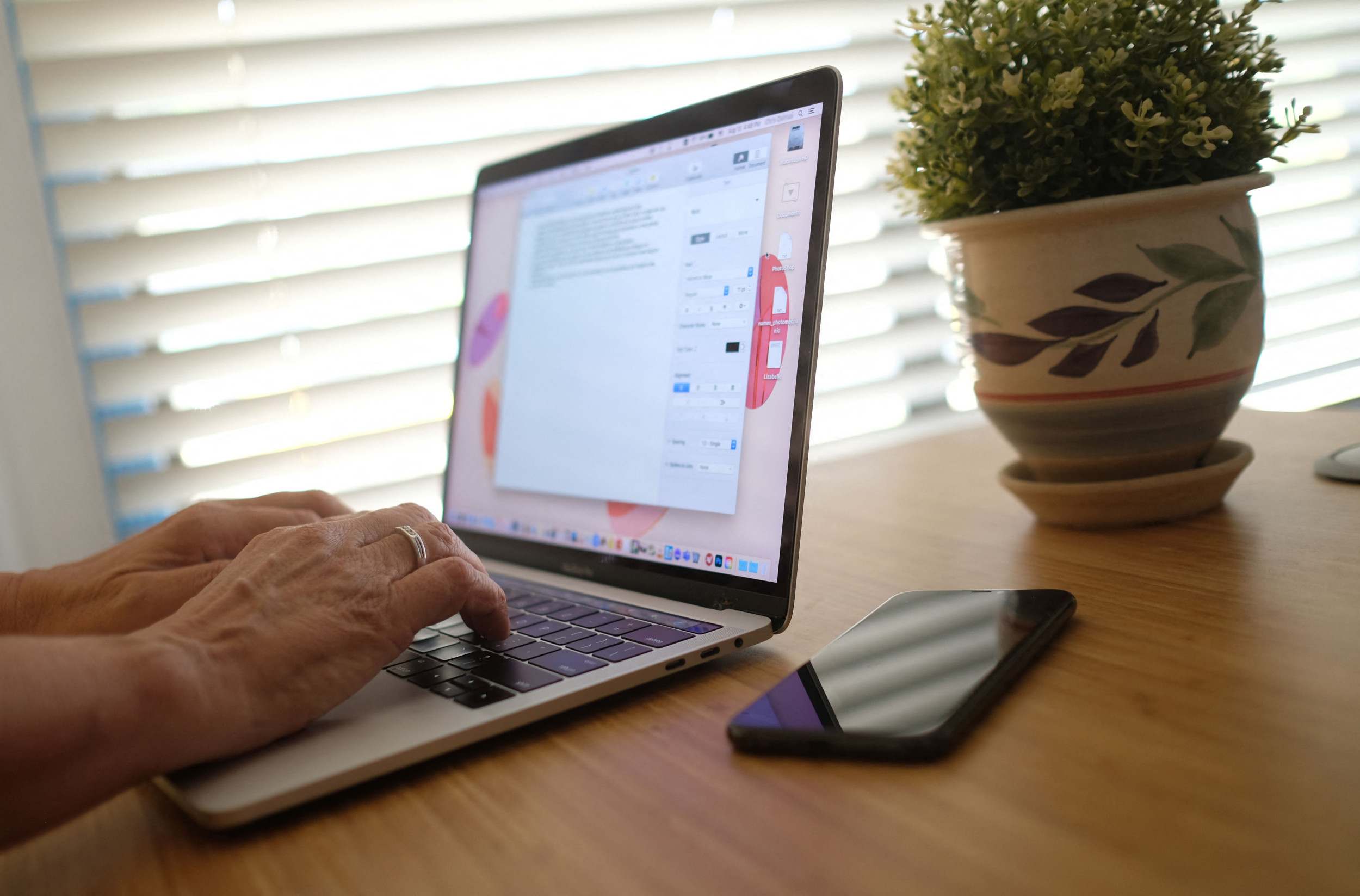From checkouts to checkups, public libraries are stepping into the role of community health providers in the United States.
Numerous community health hubs are now situated across the country's under-supplied regions, offering medical services, mental health support, and wellness information.
Initiatives range from mobile clinics to fitness classes and food pantries.
The Milwaukee Public Library hosts Aurora Health Care's Mobile Medical Clinic.
They provide on-the-spot medical advice and tools like blood pressure cuffs——solutions to alleviate some of the emotional and financial burdens that come with navigating the U.S. healthcare system.
A simple question is posed to visitors: "Do you have any questions about your health?"

How Libraries Are Becoming U.S. Health Hubs
Nurse practitioner Carolyn McCarthy explained how simple misunderstandings about topics like medication can be resolved with a quick visit.
"What we do is a Band-Aid on a broken [health care] system," she said.
She recalls a man experiencing joint pain, who'd stopped taking his blood pressure medication for fear of lowering his calcium levels.
McCarthy talked with him at length in simple and specific terms——she explained how the medication worked on his cells, why it was important to take and how it doesn't affect calcium storage in his bones.
"Hopefully, he walked away a little bit more informed," she said.

Over 13,000 Blood Pressure Checks and Counting
This program is part of a broader project by libraries nationwide to offer health resources without barriers.
Libraries are often trusted institutions, uniquely positioned to connect with communities. No insurance, identification, or specific qualifications are required to access these services, making them a lifeline for those who might otherwise fall through the cracks.
Libraries are "the last true public institution," said Jaime Placht, a health and well-being specialist at the Kansas City Public Library system in Kansas City, Missouri.
The Kansas City system, a participant in the American Heart Association's Libraries with Heart program, features blood pressure stations and take-home monitors. These resources have been utilized more than 13,000 times, according to Placht.
"We have patrons that say, 'Because I used the blood pressure monitor at the library, I went and saw my physician for the first time in a long time,'" she said.

Domestic Violence, Loneliness, and Mental Health
In rural communities, where public health offices are often absent, libraries are stepping up.
The Jarrell Community Library and Resource Center in Texas, funded by the St. David's Foundation, has become a haven for mental health and social support.
Director Susan Gregurek said the library facilitates crucial conversations, including end-of-life planning and domestic violence resources. "This is mental health, but it's obviously larger than mental health," she said.
In Smithville, Texas, the Libraries for Health program runs food programs for teens, seniors, and parents. Boxes of surplus produce from area farmers are delivered to those in the community that might not otherwise have the chance to use them.
The $3 million program also offers peer support to tackle loneliness, with one peer support specialist growing from working with four people a month to nearly 60.
Judy Bergeron, the library's director, said that investment in libraries is key to their success. "Why are we funding the library so much? Nobody reads anymore," she jokingly recounts skeptics saying.
This article includes reporting from The Associated Press




















 English (US) ·
English (US) ·